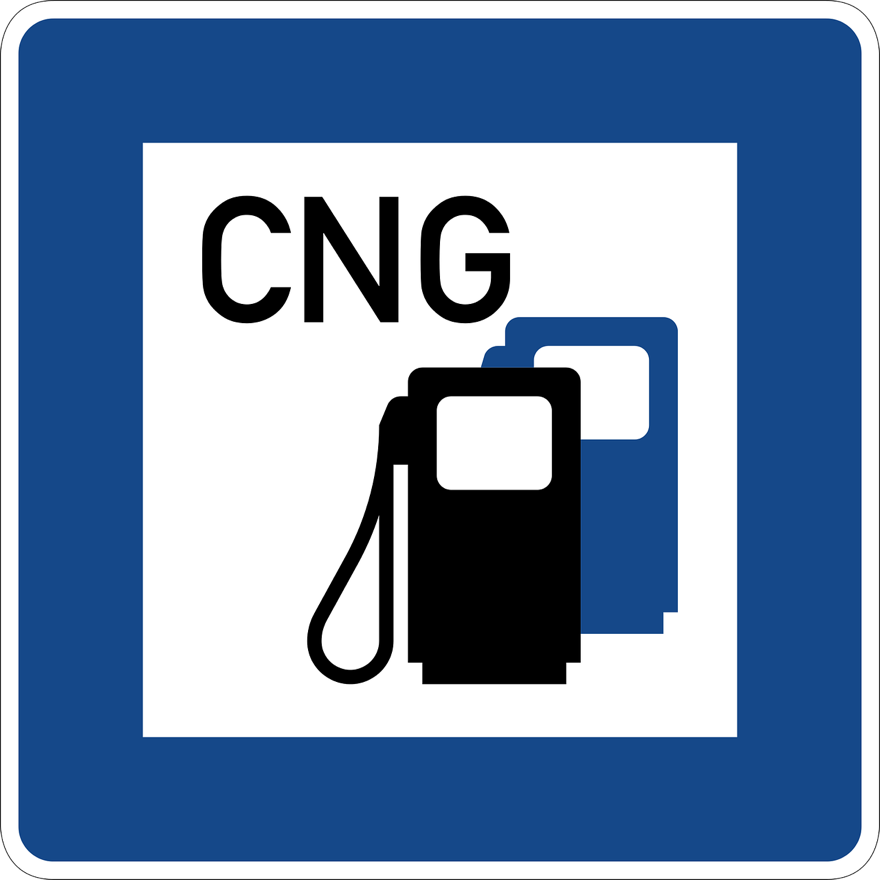The US houses every conventional and alternative car fuel option there is, some more popular than others. Most people stick to conventional options due to the accessibility concerns attributed to most alternative car fuels.
Enter Anthony’s Towing, LLC, with its diverse fuel delivery options ready to dispatch across multiple locations in Colorado.
Here are some worth considering for the benefits they offer your ride and the environment.
Electric Vehicles: A Step Toward Sustainable Mobility
While electric vehicles (EVs) are at the forefront of sustainable transportation, their development has raised some valid critiques from the automobile and environmental circles.
While these cars reduce our dependence on finite fossil fuels, their life force, aka the batteries used to power them, are made in plants powered by coal. The fuel is responsible for the lion’s share of the CO2 contributed by the US year after year. Although valid, this is not good enough to abandon EVs altogether.
If anything, there needs to be a greater shift toward making these vehicles the exclusive method of road transport.
You see, EVs produce zero tailpipe emissions, positioning them as an environmentally friendly option for discerning drivers. Despite the ongoing expansion of charging infrastructure, certain regions may still grapple with limited accessibility. The initial higher upfront costs for EVs, attributed to the expense of advanced battery technology, remain a consideration for prospective owners.
The benefits of EVs extend beyond environmental considerations. Lower operating costs, stemming from the generally lower cost of electricity compared to traditional car fuels in the US, make them an economically sound choice in the long run.
Biodiesel: Harnessing Nature’s Resources

Derived from plant oils or animal fats, biodiesel is cleaner than traditional diesel fuel. Its production from sustainable resources contributes to environmental well-being, fostering a greener approach to transportation. The compatibility of biodiesel with existing diesel engines makes it a feasible option for a smooth transition toward more sustainable fueling choices.
However, the widespread adoption of biodiesel faces challenges related to limited accessibility. Fueling stations offering this alternative fuel may not be as prevalent as those providing conventional fuels. There are only 19 in Colorado, and one at most in every city, making the task of finding a fueling station quite tricky.
Additionally, some vehicles may require modifications to optimize performance with biodiesel, posing a potential barrier to its widespread acceptance.
Ethanol and Flex Fuel: The Best of Both Fuels
The agriculturally-derived ethanol is a domestically produced fuel source. Flex-fuel vehicles run on a mixture of ethanol and gasoline. They provide drivers with a flexible choice at the fuel pump. This blend is known as E85, and it not only supports domestic agriculture but also produces fewer and fewer greenhouse gases compared to traditional gasoline.
However, the benefits of ethanol come with trade-offs. Ethanol typically contains 27% less energy per gallon compared to gasoline, resulting in reduced fuel efficiency. Add to this the limited availability of E85 at fueling stations, and the idea poses challenges for drivers considering ethanol as a viable and convenient alternative fuel option.
Compressed Natural Gas: Cleaner Combustion

Compressed Natural Gas (CNG) is composed mainly of methane. It offers a cleaner-burning alternative to traditional gasoline.
As a fossil fuel alternative, it presents an opportunity to reduce carbon emissions while utilizing abundant domestic resources. The lower carbon emissions associated with CNG combustion align with environmental goals, contributing to the future of sustainable transportation.
Despite its merits, the adoption of CNG faces challenges related to infrastructure. Limited refueling stations for CNG remain a hurdle for broader acceptance, and the availability of CNG-compatible vehicles may not be as widespread as conventional gasoline vehicles.
Propane: Liquefied Petroleum at Its Best
Propane is a hydrocarbon gas alternative that offers a cleaner-burning option for mostly fleet vehicles. It generates lower emissions compared to traditional gasoline and contributes to environmental sustainability.
However, like some other alternative fuels on this list, propane faces challenges related to infrastructure and vehicle availability. The limited number of refueling stations providing propane may deter some drivers, and the selection of propane-compatible vehicles may not be as extensive as traditional gasoline options.
Hydrogen: Fueling the Future with Clean Energy
Hydrogen fuel cells promise a clean energy future with zero emissions except for water vapor. The potential for hydrogen as a clean and, most importantly, efficient fuel source positions it as a frontrunner in the quest for sustainable transportation solutions.
Despite the environmental promise, the hydrogen option faces hurdles related to infrastructure and energy-intensive production. The limited number of hydrogen refueling stations restricts the widespread availability of this alternative, and the current challenges associated with hydrogen, such as production costs, land and water impact, and volatile demand, affect its overall environmental benefits.
Diesel: The Workhorse of Efficiency
Derived from crude oil, diesel fuel boasts high energy density and fuel efficiency, making it an ideal choice for long-distance driving and heavy-duty applications. Diesel engines power many vehicles, including trucks, buses, and certain passenger cars and are readily available at most refueling stations.
The benefits of diesel are counterbalanced by concerns related to emissions and potential higher upfront costs. Modern diesel vehicles have emissions control technologies to address environmental concerns, but the perception of diesel as a contributor to air pollution remains.
Moreover, the complexity of diesel engines and fuel systems can lead to potentially higher upfront costs compared to gasoline counterparts.
Gasoline: The Tried-and-True Standard
Gasoline remains the predominant fuel for vehicles on American roads, powering a diverse range of vehicles, from compact cars to powerful trucks. Also derived from crude oil, gasoline’s convenience, and widespread availability contribute to its enduring popularity among car owners.
However, the longstanding use of gasoline raises environmental concerns. The combustion of gasoline releases carbon dioxide and other pollutants, damaging air quality and causing climate change.
Additionally, the dependency on fossil fuels for gasoline production raises questions about long-term sustainability and the need for more environmentally friendly alternatives.
Choose the Right Fuel for Delivery in Colorado

Selecting the ideal fuel for your vehicle involves the consideration of various factors, including driving habits, environmental consciousness, and fuel availability. Choose the right fuel for your needs and then specify the kind of conventional or alternative fuel used to power your car so that we don’t show up for fuel delivery with the wrong kind.
Don’t have an alternative fueling station near you? Not a problem.
Request fuel delivery, towing service Ellicott in our service locations throughout Colorado to ride, not tow, off into the sunset after a roadside assistance colorado springs refuel.
Reach out for inquiries, concerns, and emergencies.

